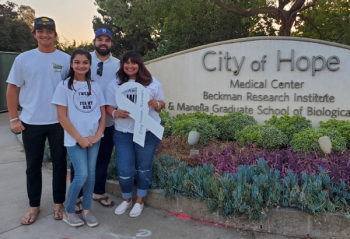
A young mother and athlete discusses receiving a shocking diagnosis of stage 4 lung cancer and her incredible response to treatment with a single, targeted drug.

A young mother and athlete discusses receiving a shocking diagnosis of stage 4 lung cancer and her incredible response to treatment with a single, targeted drug.

A patient with recurrent basal cell carcinoma discusses his cancer journey, his latest challenge and how he’s now prioritized quality of life over quantity.

The past year has spotlighted racial inequities not only in the U.S., but worldwide. It has also opened our eyes as to how a major health disruption — in this case, a pandemic — can aggravate the unacceptable status quo.

Local access to national cancer studies allows patients to receive promising new treatments in the most convenient setting possible: Their own community.

Although physical effects of cancer may be well known, people often overlook the emotional responses that patients with cancer experience.
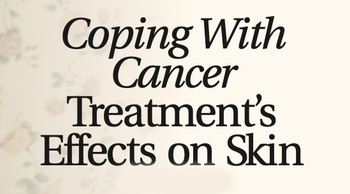
Although many cancers are unseen, different types of treatment can lead to painful, visible side effects, particularly when it comes to an individual's skin.
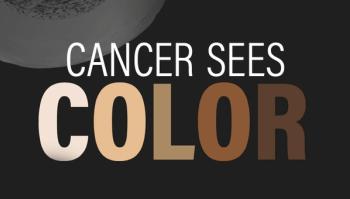
Black and Latino patients are more likely to receive a diagnosis of and die of cancer than White patients. How can we end this disparity?
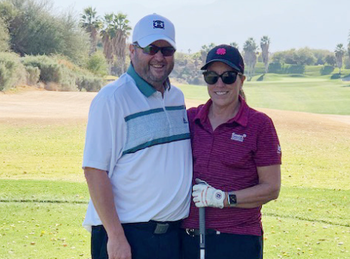
One patient with breast implant-associated anaplastic large cell lymphoma spoke out for herself throughout therapy — and encourages other patients do the same.
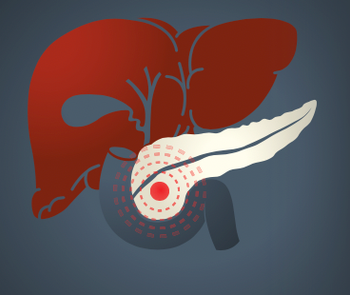
On behalf of the National Pancreas Foundation, Dr. Andrew M. Lowy offers background on treatments and outcomes for pancreatic cancer.

Patients older than 75 years experienced more toxicity with mTOR inhibitors, tyrosine kinase inhibitors and checkpoint immunotherapy compared with those younger than 75 years, but researchers found that age did not impact outcomes like progression-free survival and overall survival.

Compared with patients assigned bendamustine with Rituxan, those assigned Venclexta with Rituxan maintained an overall survival benefit, with a five-year OS estimate of 82.1% for the Venclexta with Rituxan group vs. 62.2% for the bendamustine with Rituxan group.

Winter brings added challenges for patients with cancer. Here's what you need to know to take into consideration as the weather gets colder.

Chimeric antigen receptor (CAR)-T cell therapy is becoming more widely available, with two drugs approved to treat specific blood cancers and more being investigated in clinical trials across cancer types. Here’s what patients need to know if they’re considering treatment with one of these novel immunotherapies.

Safety and efficacy observed in this real-world study for patients with non-Hodgkin lymphoma similarly reflect findings from previous pivotal trials.
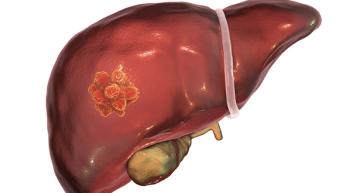
Results of this trial led to an accelerated FDA approval of Opdivo (nivolumab) and Yervoy (ipilimumab) in March to treat this specific patient population.

Paula Schneider, president and CEO of Susan G. Komen®, writes to her younger self on the lessons and challenges she faced as a patient with breast cancer.

Hope is a potent ally for the patient with cancer, and it is a response that helps inform a patient's journey with cancer.

Adding the targeted drug Tukysa (tucatinib) to Herceptin (trastuzumab) and the chemotherapy Xeloda (capecitabine) lengthens life and time until disease progression in patients, without decreasing their health-related quality of life, researchers found in a follow-up to the HER2CLIMB study.